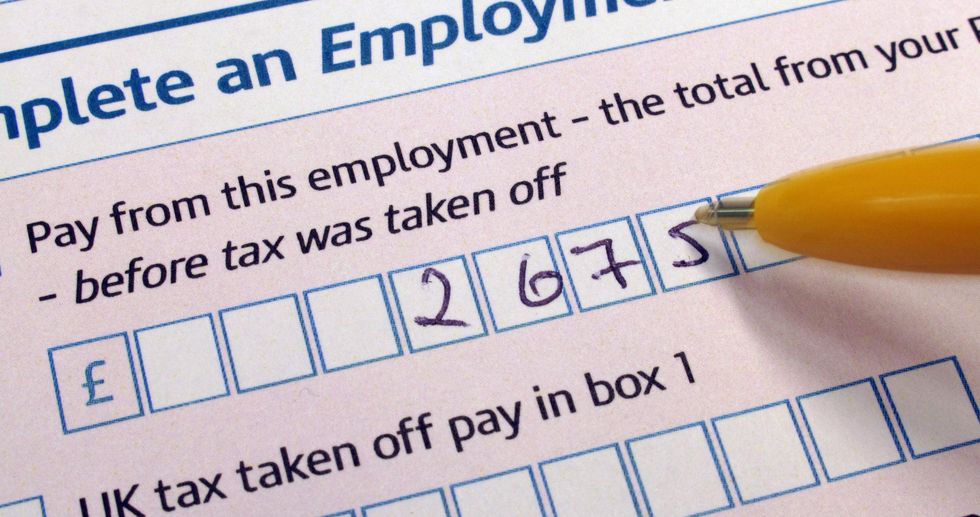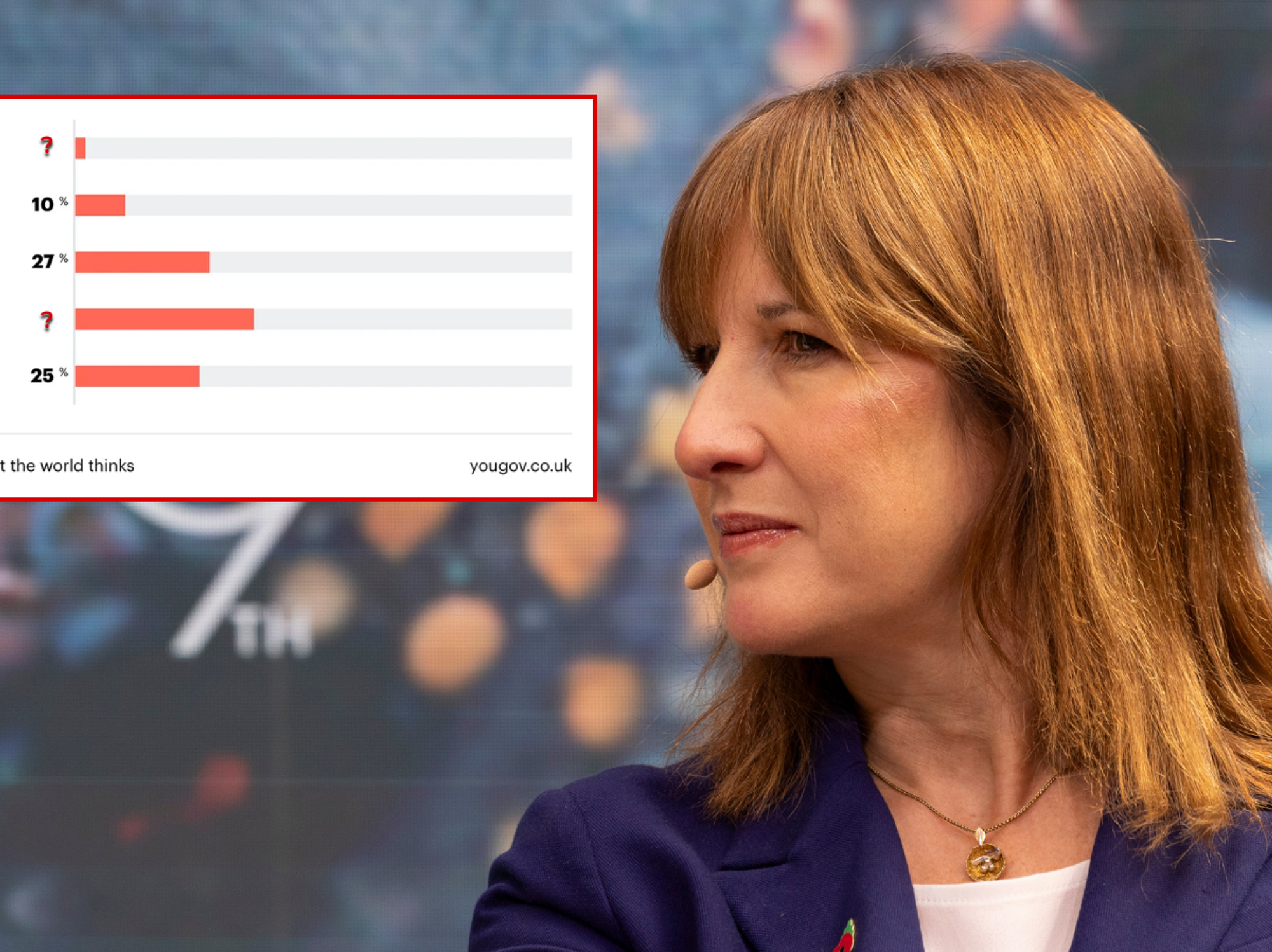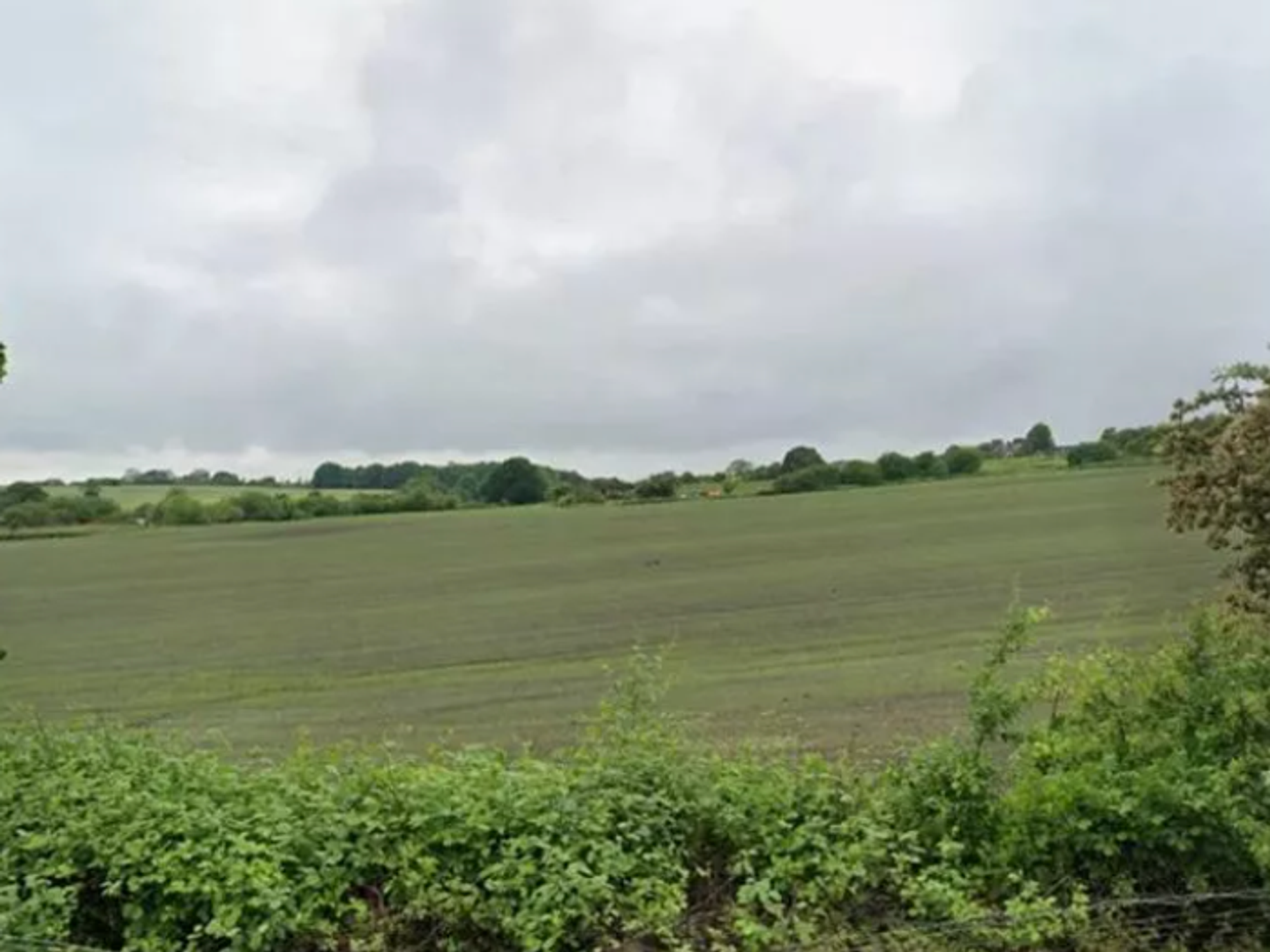State pension warning: Millions of Britons have just two months to claim £10,000s

A scheme to help fill certain financial holes will end on July 31
Don't Miss
Most Read
Britons have just two months to ensure they do not miss out on tens of thousands of pounds in state pension payments.
Millions of workers who are approaching retirement age can boost their state pension pots by filling gaps in their National Insurance records.
Several reasons could lead to Britons having holes in the National Insurance contributions, including taking time out to raise children.
Failing to fill the gaps could mean workers miss out on receiving a full state pension.

Failing to fill the gaps could mean workers miss out on receiving a full state pension
|PA
The value of the full state pension upon retirement is £203.85 a week or £10,608 a year.
However, Britons must complete 35 “qualifying” years of National Insurance contributions to access the full state pension.
There is an opportunity to fill in gaps left from 2006 to 2016.
It works out to be worth £15.85 a week which means it costs £824.20 to buy one year of contributions.

The current scheme only applies to people who reached or will reach retirement age after the end of the 2015/16 financial year
|PA
The scheme to plug empty spaces comes to an end on July 31.
It was initially set to end in April but was extended as Government phone lines were jammed.
Workers were inundated with calls from people trying to top-up their contributions.
Britons will only be able to top up for the previous six years after the July 31 deadline.

Britons will only be able to top up for the previous six years after the July 31 deadline
|PA
People have been encouraged to get in touch quickly to avoid any further mishaps with Government phone lines.
Fixing up black holes in National Insurance contributions could bring in £55,000 over a 20-year retirement.
Someone with a decade of missing years could pay out a little over £9,000 to fix the gaps but see a pre-tax boost of £60,000 in state pension over a typical 20-year retirement.
The current scheme only applies to people who reached or will reach retirement age after the end of the 2015/16 financial year.










